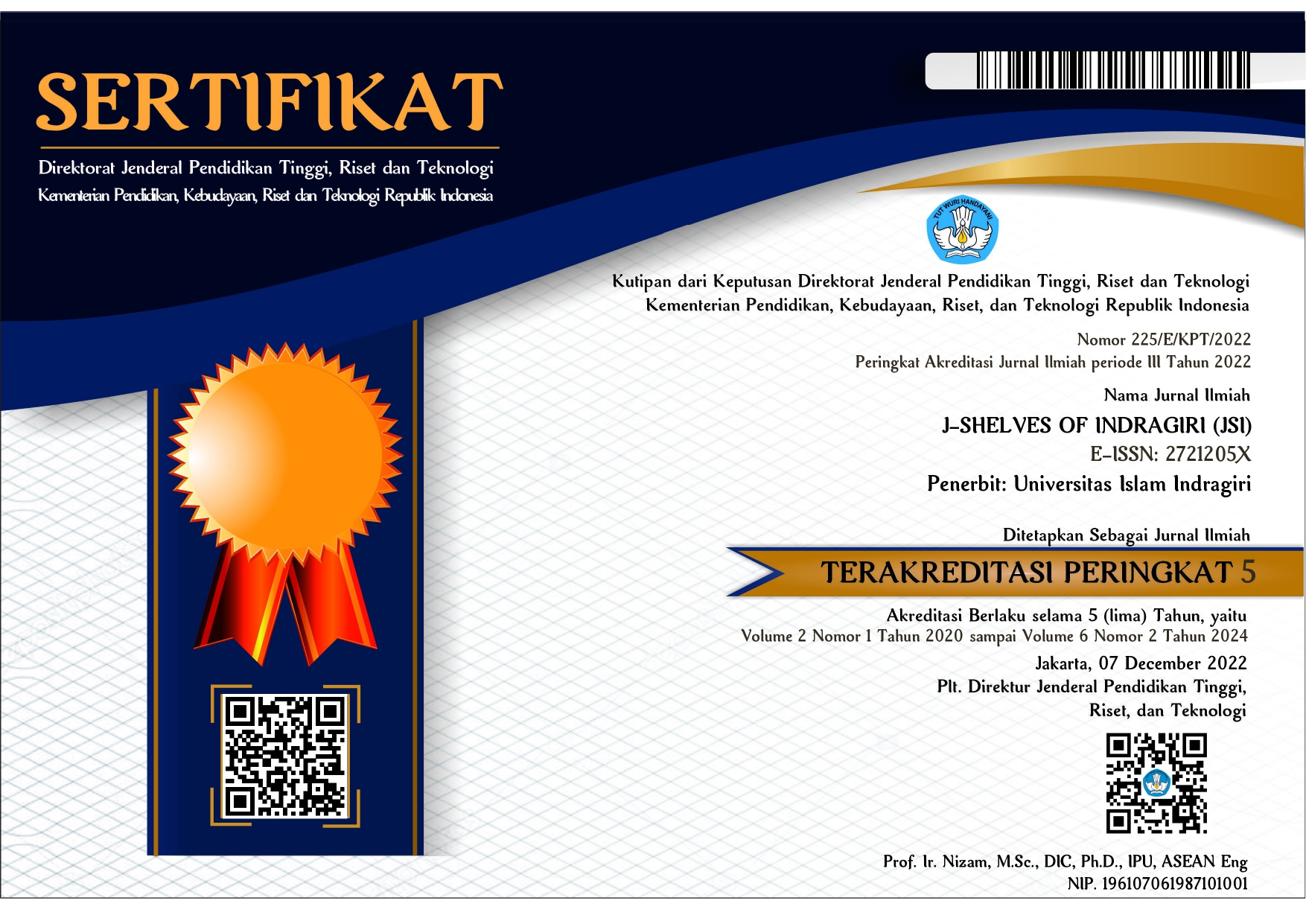POSTCOLONIAL IDENTITY IN THE NOVEL THE DUKE OF SHADOWS BY MEREDITH DURAN: HOMI K BHAB`HA’S POSTCOLONIAL THEORY
DOI:
https://doi.org/10.61672/jsi.v5i1.2667Keywords:
Postcolonial Theory, Hybridit, Mimicry, AmbivalenceAbstract
This study delves into the development of a fresh cultural identity experienced by Julian, a mixed-blood descendant, using the processes of hybridity, mimicry, and ambivalence as outlined in Meredith Duran's novel, The Duke of Shadows. The research applies the theoretical framework of Homi K. Bhabha, specifically focusing on his concepts of Hybridity, Mimicry, and Ambivalence. Its primary objective is to discern how Julian's postcolonial identities evolve based on Homi K. Bhabha's theories and to elucidate how Julian sustains his cultural identity as the narrative unfolds. Employing a descriptive qualitative approach, this research primarily sources its data from The Duke of Shadows, a 2008 novel comprising 314 pages and 21 chapters. The data collection method is centered around note-taking, and data analysis follows the methodology established by Miles and Huberman, encompassing data reduction, data display, conclusion drawing, and subsequent verification. The study's findings underscore that Julian's emerging mixed-blood cultural identity manifests through hybridity, mimicry, and ambivalence, reflecting the inherent ambiguity in his status as a mixed-blood individual. By the story's conclusion, Julian is depicted as maintaining his cultural identity by continuing to blend elements of Indian and British cultures, even after attaining the title of The Duke of Auburn.
Downloads
Published
Issue
Section
License
Copyright (c) 2023 Andi Febriana Tamrin, Melisa Kalimbongan

This work is licensed under a Creative Commons Attribution 4.0 International License.










